SJI Grantee Spotlights
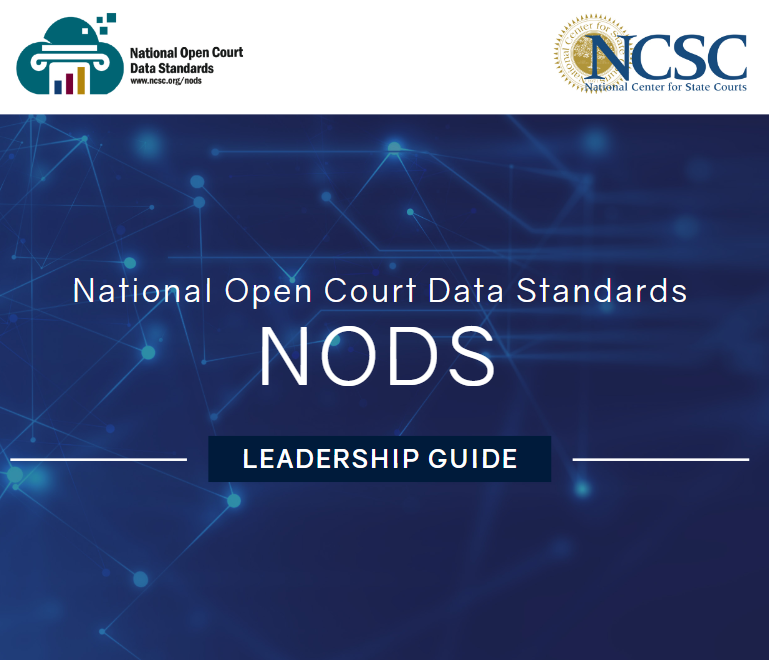
Implementing National Open Court Data Standards in Pilot Courts
The National Open Court Data Standards (NODS) consists of business and technical court data standards designed to facilitate the sharing of court data, ensure consistency in how data are understood and used, and reduce the costs and efforts required for courts to respond to data requests. In addition, several states are using NODS as a framework to build statewide data repositories.
Over the last four years, SJI has supported the implementation of NODS in 16 states. A recent evaluation of the project found that successful implementation has relied upon supportive executive leadership, dedicated staff, a designated NODS champion, and financial resources. Barriers to implementation have included a lack of resources, competing priorities, and insufficient leadership support. For states implementing NODS, it has been a useful tool to identify and address data governance issues. Most adopting courts indicated that their court began to collect new data elements due to mapping their case management system to NODS.
In addition to the core spreadsheet of data elements, resources available to courts and vendors include:
- NODS NIEM6 Message specification
- NODS User Guide
- NODS Leadership Guide
Along with Subject-area specific guides to NODS, including:
- NODS for Family Court
- NODS for Guardianship
- NODS for Traffic
- NODS for Criminal
These resources are available at www.ncsc.org/nods.
Webinars are also available to learn more about NODS, including a Data Dives Webinar on NODS and a special webinar on Better Traffic data with NODS.
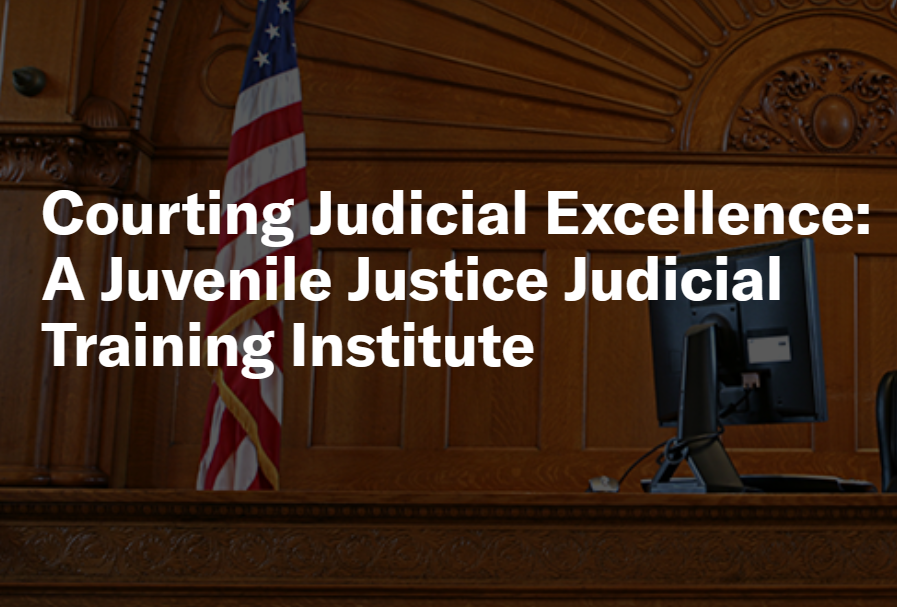
Juvenile Court Transformation: Intensive State Technical Assistance and a National Training Institute
January 1, 2024
Most states do not have specialized family court judges, let alone judges dedicated to delinquency cases. Even in states that do have a family court structure, juvenile justice often gets short shrift compared to child welfare in terms of court attention, resources, and improvement efforts. In addition, most states do not provide juvenile court judges …
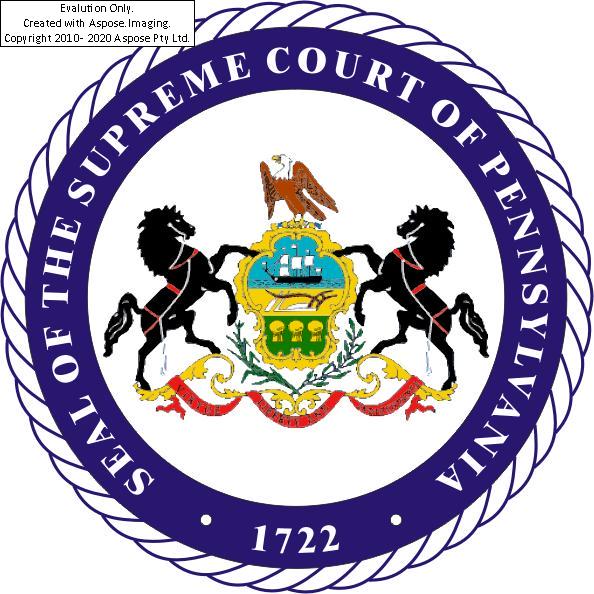
Leveraging National Open Data Standards (NODS) to Strengthen Civil and Family Court Data
December 1, 2023
The Administrative Office of Pennsylvania Courts (AOPC) is applying the technical and business definitions of the National Open Data Standards (NODS) to resolve enduring, and common, obstacles to collecting good civil and family court data. Developed by the Conference of State Court Administrators and the National Center for State Courts (NCSC), NODS is intended to …
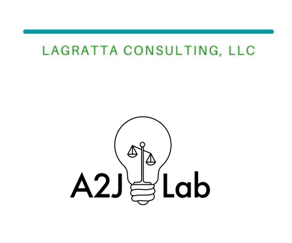
Evaluating the Impact of Virtual Proceedings in Family Law Matters for Self-Represented Litigants
November 1, 2023
The Access to Justice Lab at Harvard Law School and LaGratta Consulting LLC are conducting a randomized control trial examining the effects of in-person versus remote hearings for self-represented family law litigants in the 3rd Judicial District Court of Utah (Salt Lake County). The project intends to examine case outcomes and litigant experience in both …

Tennessee Administrative Office of the Courts: Medical Debt Online Dispute Resolution Pilot
October 1, 2023
In 2020, the Tennessee Administrative Office of the Courts (AOC) was awarded a State Justice Institute (SJI) Technical Assistance grant to retain the services of Catalis by Court Innovations, Inc. (Catalis) to assist the AOC with developing and implementing an online platform to resolve medical debt disputes in Hamilton County, TN, before a lawsuit is …
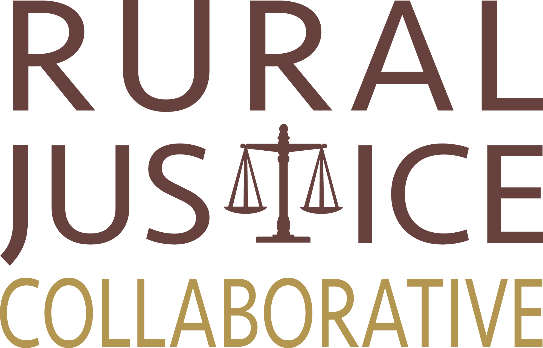
National Center for State Courts: Rural Justice Collaborative
September 1, 2023
Rural communities face unique challenges that impact their ability to deliver fair and equitable justice. Despite these challenges, rural communities rely on their many strengths to address the needs of their residents. In 2021, the National Center for State Courts, in partnership with Rulo Strategies, launched the Rural Justice Collaborative (RJC) to showcase the strengths …
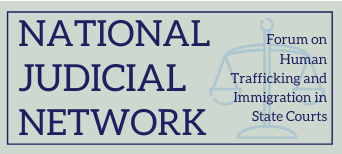
National Judicial Network: Forum on Human Trafficking and Immigration in State Courts
July 1, 2023
The National Judicial Network: A Lifeline Helping Judges Better Serve Human Trafficking Victims and Immigrant Victims of Crime and Abuse The National Judicial Network (NJN): Forum on Human Trafficking and Immigration in State Courts offers judges an opportunity for peer-to-peer learning and information sharing. Judges from all over the country who are interested in the …

